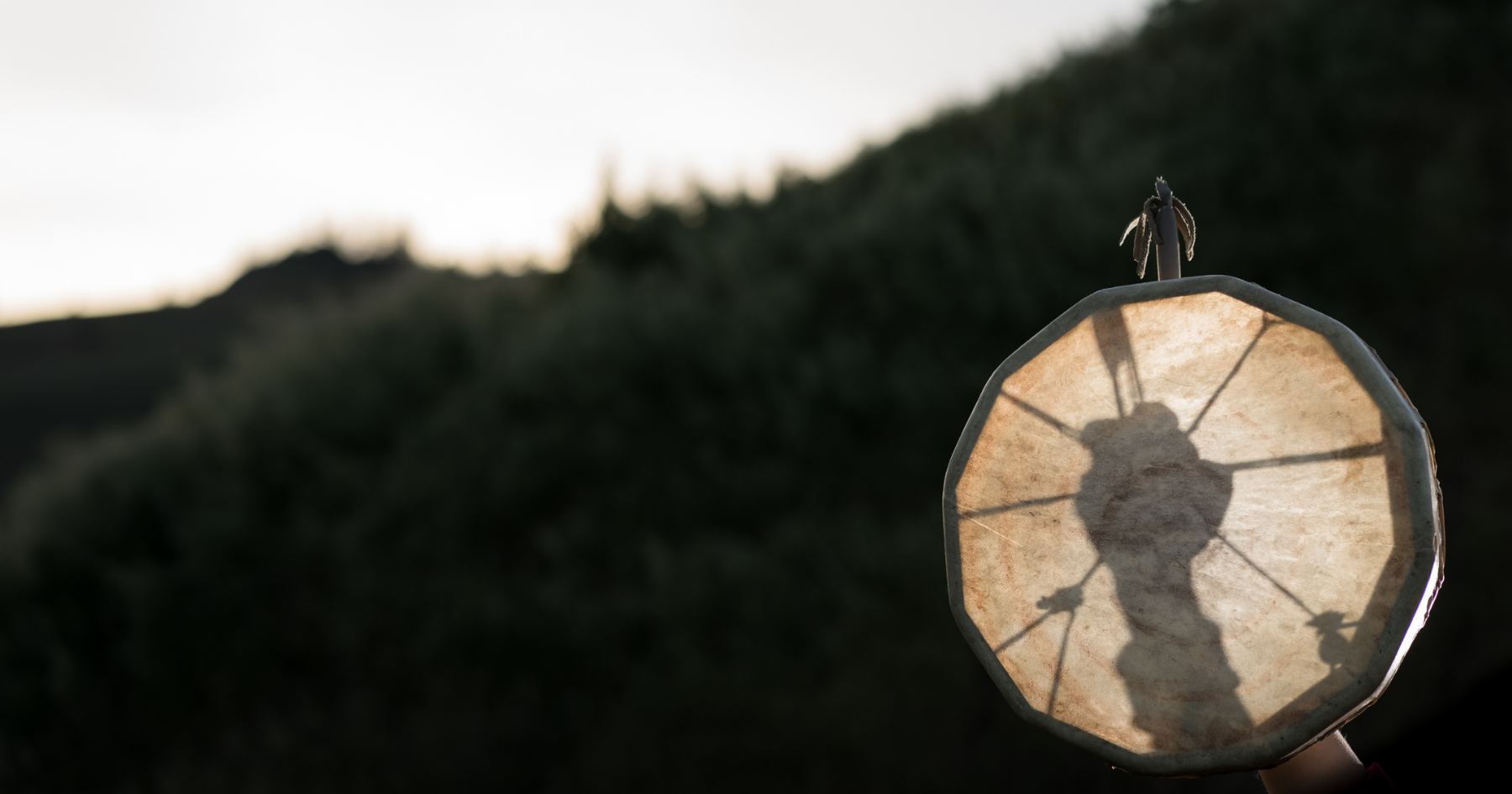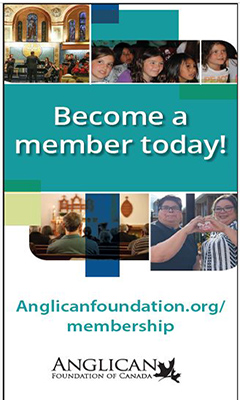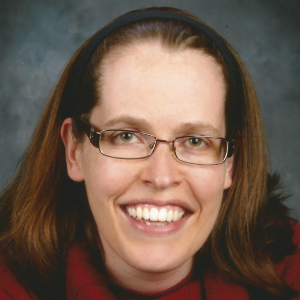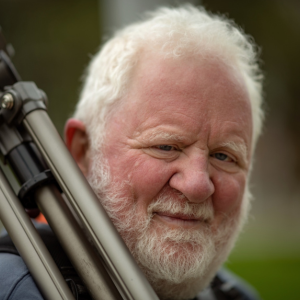How do we learn a language? We all need to hear our mother tongue spoken to learn who we are and how we relate to others and to the world. In 2015, members of Aboriginal Neighbours set out to raise $45,000 to sponsor Indigenous language learning, and to raise public awareness of the urgent need for Indigenous language revitalization on Vancouver Island and beyond.
Initiated by our diocese in 1996, Aboriginal Neighbours worked to build respect and understanding between Indigenous and non-Indigenous cultures. By raising funds for the First Peoples’ Cultural Council’s mentor-apprentice program, the Revitalizing Indigenous Living Languages project supported young Indigenous adults to learn and become fluent in their mother tongue and assisted Elders to pass along knowledge of their language, culture and spirituality to the next generation.
A mentor-apprentice team is made up of a fluent speaker of an Indigenous language, and an apprentice learner; they commit to spending 300 hours a year working together, fully immersed in the Indigenous language. For learners, the program measurably increases language proficiency. It is also transformational: learning their Indigenous languages often opens new ways of seeing the world, as well as a deeper understanding of their personal, family and community histories, leading to a positive sense of self-worth. In the last few years, apprentices who have completed the program have even become mentors themselves.
For the mentors, who are Elders, the program also provides healing, as they gain opportunities to speak their languages in their communities, with positive recognition for their knowledge and ability. Those who are Residential School Survivors gain practice and confidence in speaking their languages again. Many mentors find a sense of pride, wholeness and hope as they teach their apprentices. (For more on the positive impacts of the mentor-apprentice program, please see this blog.)
The Revitalizing Indigenous Living Languages project was developed in response to the Truth and Reconciliation Commission’s Call to Action #61, which calls on churches to provide funding for Indigenous community-controlled culture and language revitalization projects. With the support of the Anglican Healing Fund, the Anglican Foundation, the diocese’s Vision Fund, the Victoria Foundation and the Vancouver Foundation, and fundraising by parishes, ecumenical partners and individuals, Aboriginal Neighbours exceeded their original goal of sponsoring one mentor-apprentice team for three years.
The project raised a total of $297,550 from 2015 to 2024, thanks to ongoing support from parishes, the grantors listed above and a major grant from the United Church Healing Fund. These contributions partially funded a further 15 mentor-apprentice teams within the diocesan region. Indigenous languages supported include Kwak̓wala, Hul’q’umi’num’, Diitiidʔaaʔtx̣, Nuučaan̓uɫ and SENĆOŦEN.
Thanks to tireless advocacy by the First Peoples’ Cultural Council, along with Indigenous language activists in BC and across the country, the mentor-apprentice program is now fully supported by government funding partners. As the Revitalizing Indigenous Living Languages project wraps up, and Aboriginal Neighbours’ work winds down, the First Peoples’ Cultural Council has invited our diocese to support Indigenous arts and music grants through its sister organization, the First Peoples’ Cultural Foundation. So far, two Victoria parishes have taken up this call. If you or your parish would like to be part of this fundraising effort, please see the June issue of Faith Tides, or contact Gerry Lawson ([email protected]) at First Peoples’ Cultural Foundation.
You can also donate directly to the Foundation online via Canada Helps.
So much has been accomplished. The reconciling work continues, unabated, in faith, hope and love.





